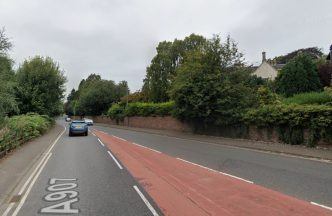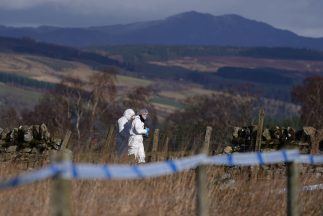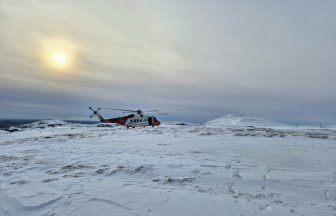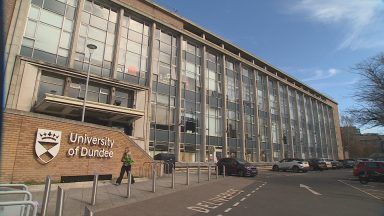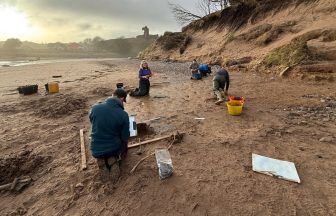Railway staff will remember the victims of the Stonehaven rail crash one year on from the tragedy with “enormous sadness”.
The train drivers’ union Aslef said the Scotrail train derailment, which claimed three lives on August 12 last year, would be reflected upon by workers on Thursday.
Driver Brett McCullough, 45, conductor Donald Dinnie, 58, and passenger Christopher Stuchbury, 62, died when the 6.38am Aberdeen to Glasgow Queen Street train crashed into a landslide across the tracks near Stonehaven, Aberdeenshire, following heavy rain.
Six other people were injured onboard the train, which came off the tracks at 9.37am and would have been busier were it not for the pandemic, said Aslef.
Network Rail’s interim report on the crash found the train “struck a pile of washed-out rock and gravel before derailing”.
Kevin Lindsay, Aslef’s organiser in Scotland, said: “It is with enormous sadness that we remember the event, which is still fresh and raw in all our minds.
“The accident cast a long shadow across the railway industry, not just here in Scotland, but throughout the United Kingdom.
“We will never forget Brett and Donald, who were doing their jobs, and Christopher, who was going about his business, but we will redouble our efforts to ensure that the railway is made safe for passengers and staff so that accidents of this sort do not happen again.”
Aslef general secretary, Mick Whelan, added: “We will also reflect on what needs to be done to ensure that the infrastructure of Britain’s railways is not neglected, so that accidents of this sort do not happen again.”
 STV News
STV NewsManuel Cortes, Transport Salaried Staffs’ Association general secretary, said the deaths were “were felt across our railway family and our thoughts are with their families today”.
He said: “The sad truth is that we will see more such tragedies caused by climate change unless we act now.
“As we’ve seen just this week, extreme rainfall events, and their consequences, are becoming more common as our climate changes – and unless we take urgent action now to halt its progress those changes will become permanent and irreversible.”
In April, crash investigators were focusing on the “lack of an effective drainage inspection regime”.
The Rail Accident Investigation Branch said there was “no evidence” a drainage system involved in the fatal accident had been fully inspected since its construction in 2012.
The report said there was “near-continuous heavy rain” in the area between around 5.50am and 9am on the day of the crash, which caused “significant flooding”.
The 51.5mm of rain that fell in this period was almost 75% of the monthly total in Aberdeenshire in an average August.
But it was “dry and sunny” when the derailment happened at 9.37am.
The 6.38am service from Aberdeen to Glasgow was returning towards Aberdeen at the time of the accident due to the railway being blocked.
It was travelling at around 73mph – below the maximum permitted speed of 75mph for that section of track – when it struck the debris and derailed to the left, destroying a bridge barrier.
The train’s power car and one of its four carriages fell down an embankment.
Follow STV News on WhatsApp
Scan the QR code on your mobile device for all the latest news from around the country


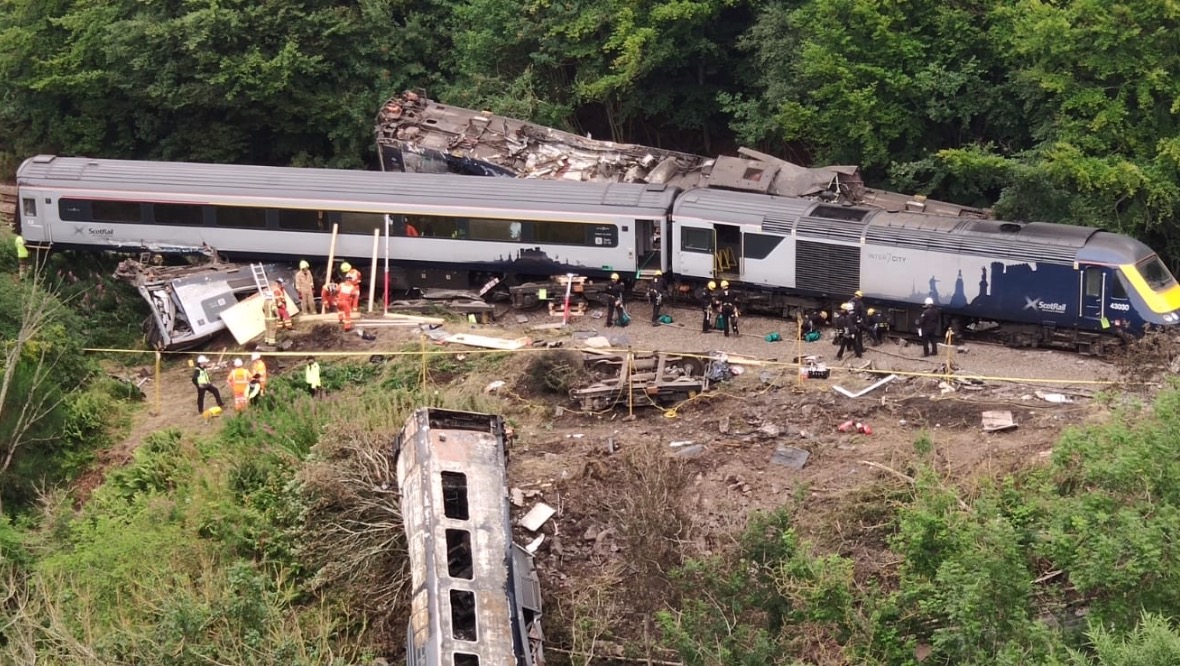 STV News
STV News






